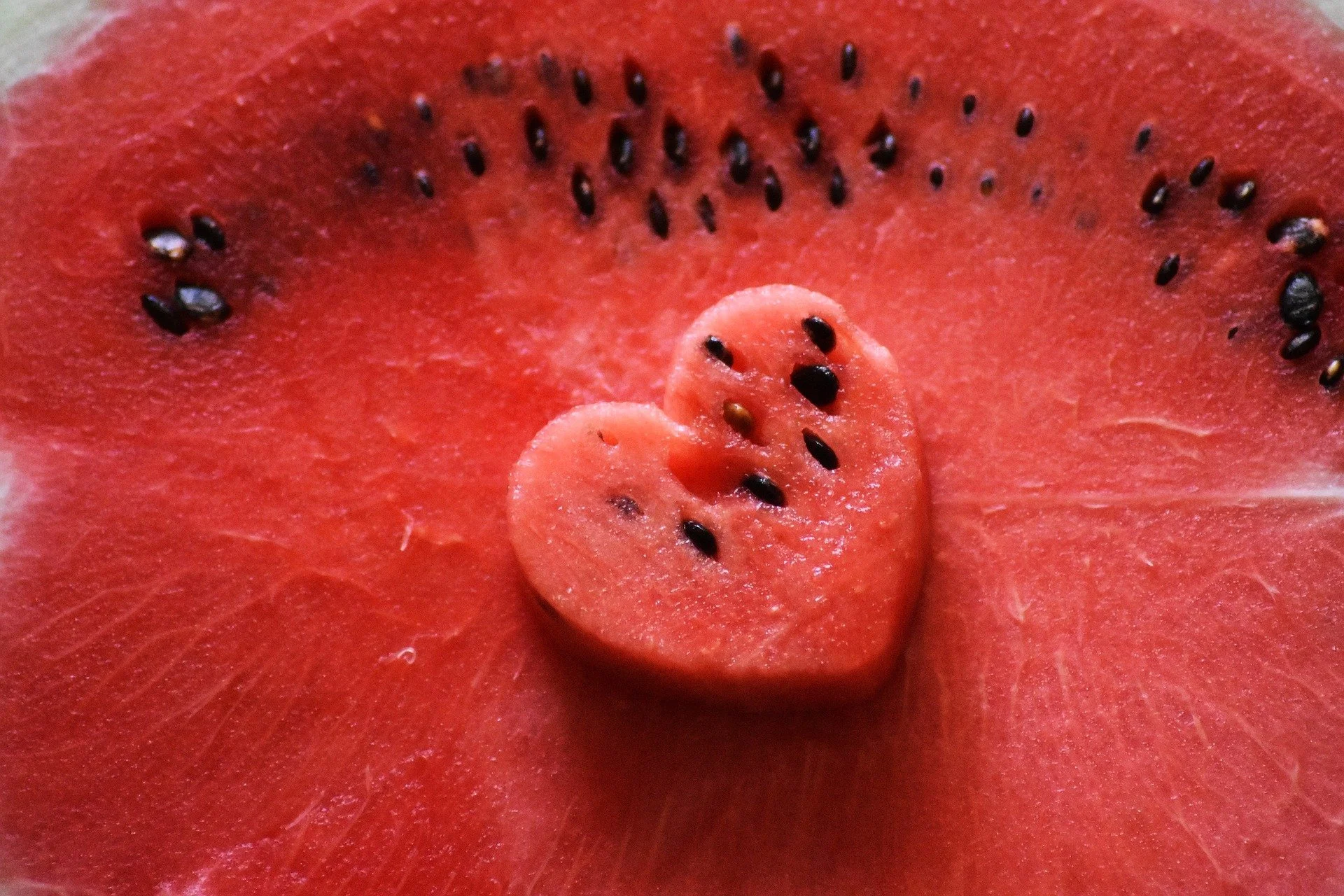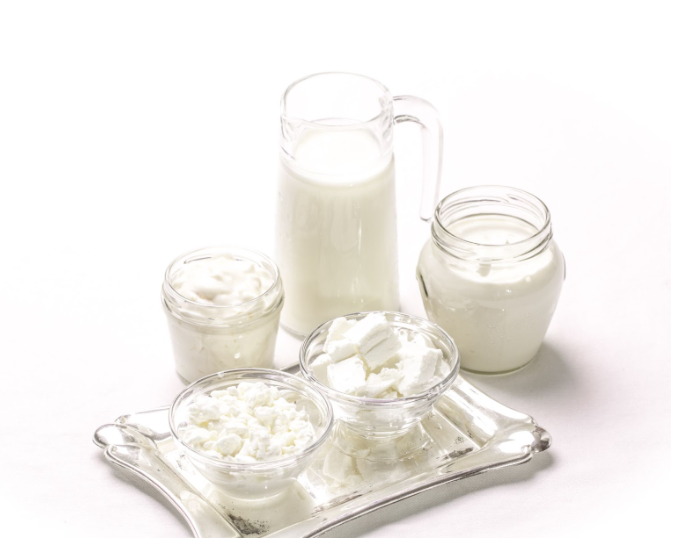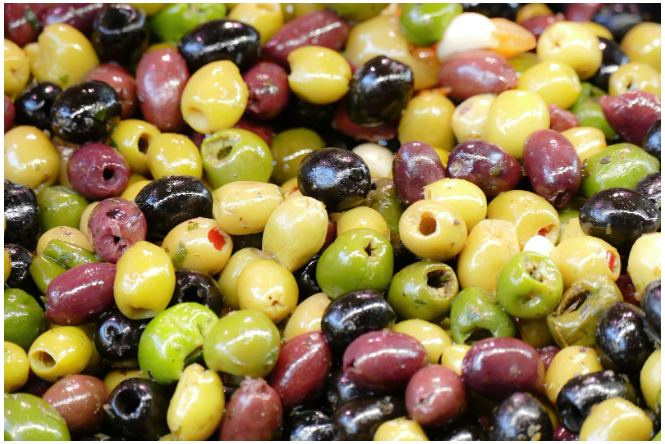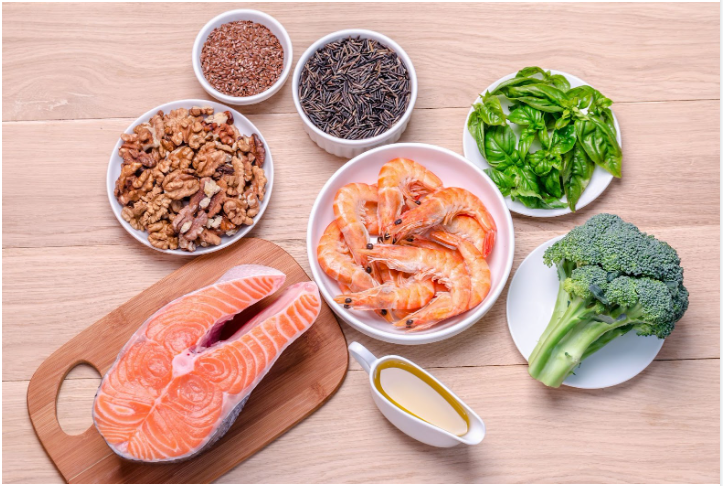Real World Nutrition News You Can Use
There is a lot of misinformation about nutrition. And nothing in this field is black-or-white, yes-or-no, but many shades of gray and a lot of “it depends.” So, my goal is to help clear up some of that misinformation with some snark, entertainment, and facts (with some opinion thrown in).
Many of these topics come from interactions with the public, friends, clients, and students. I see sheer misinformation about the science of nutrition, and I do my best to clear things up one blog post at a time.
If you have a topic you are wondering about, let me know.
Looking for a specific topic? Search to see if it is already here.
Five Foods That Are Always in My Freezer
Years ago, I had a second freezer in our garage, where we had our Costco stash. When it broke, I was initially going to replace it but realized as our teen was on his way out the door, and we were about to become empty nesters, it probably wasn’t necessary. So, we did not replace it. Today the freezer is the unit that is part of the large kitchen appliance below the fridge.
Five Foods That Are Always In My Fridge
Years ago, a local magazine interviewed me about what was in my fridge. But, of course, that was still when I had a teenager in the house, so things looked slightly different then. They even sent a photographer to the house, and I swear I didn’t clean the fridge in preparation for their arrival. Today there are still some foods that are always in the fridge. So if I am running low, the replacement is on the list for the next grocery run. I cover those here today.
Health Halo – Don’t Be Misled
The health halo is this belief that food, product, or brand is superior for various reasons. It is often due to due to marketing and word-of-mouth. I find it is often related to assumptions by a consumer based on a lack of knowledge.
Is there anything wrong with this? Maybe. What is the harm if one assumes that organic peanut butter cups are healthier? Perhaps nothing unless someone decides that they can now eat MORE of them? But that isn’t harmful, just potentially unhealthy.
Watermelon: Much More Than Water
Eating more watermelon is a fun way to get more water in your diet. In addition to being 92% water, it is also an excellent source of nutrients including lycopene, potassium, and vitamins A and C.
Safe Grilling: How Do You Know?
When someone says, “safe grilling,” most people think of keeping the kids away when the match is lit or keeping a safe distance as you hear the “clicker” over and over again on the old gas grill until the “whoomph” of the flame lights up. Now the grill is safely heating with minor arm and facial hair damage. But it is also ensuring that the food is cooked properly.
Men: Take Charge of Your Health
June is Men's Health Month, a national observance used to raise awareness about men's health care and encourage them to practice and implement healthy living decisions, such as exercising and eating healthy. Even though June is Men's Health Month, this is a year-round concern that men need to take control of their health.
Hydration for the Win
Of all the nutrients we need (carbohydrates, fat, protein, vitamins, minerals, and water), water is our most essential nutrient. We can go days without eating and may not feel well and be uncomfortable, but without water or fluid of some kind, we can die within a couple of days (more or less) depending on our health status and environmental conditions.
Snacking Smart
Were you ever told that you couldn’t or shouldn’t have a snack because it will “spoil your appetite”? Unfortunately, many people still have the mindset that we shouldn’t snack. I often tell people to include one or two snacks during their day. The “problem” isn’t that we snack, but what we choose to have as a snack.
What is the most important part of nutrition?
To prioritize what is the most important part of nutrition is impossible. Nutrition covers so much: from energy (calories) and macronutrient distribution (i.e., how many carbs, fat, and protein should you have) to problems with digestion (GI disorders), healthy food choices, moderation, pediatric nutrition, and elderly nutrition, sports nutrition and diabetes, heart disease, and bone health and much more. So much more.
Which Is Better: Black or Green?
After water, tea is the most widely consumed beverage in the world. This world loves tea, from Europe to Asia and places in between, and the U.S. is no exception. Lucky for us, tea is not only a flavorful alternative to water; it has health benefits. But which is better for us, black or green tea?
Fitting in Your Fruits and Veggies
While many of us know we need to eat our fruits and veggies, many of us have a hard time fitting them all in. I am always telling my clients to eat more fruits and veggies. But what exactly are the recommendations? Can it be done? And can we eat too many?
Dairy Foods - More than Milk
I find that one of the more polarizing food groups, even more than grains, is the dairy food group. People get all worked up when suggesting we have this as part of our regular diet/intake. And these same people eat cheese and yogurt. I am not making this up. The recommendation is to have three cups of dairy from pre-teen years through adulthood. And people think that I am recommending that they drink three glasses of milk a day. I am not. If that works, fine. But people hear “dairy” and assume it is milk in its liquid form. “Dairy” includes yogurt, cheese, and liquid milk.
Are Olives a Healthy Food?
People often talk about olive oil and the massive health benefits of this oil when consumed as part of a healthy diet. But we rarely hear about the olives themselves. Are olives also as healthy as the oil? Yes, and no.
Stop Judging Food Choices
I encounter nutrition misinformation every day, clearing up nutrition untruths, updates, and points of fact to clients and students.
And I also must remind people that it is NOT their role, nor mine, to shame anyone for their food choices.
It isn't anyone's business to tell someone else they should not drink diet soda. If someone asks me in a professional context, I answer truthfully. But I don't randomly tell people my thoughts.
It isn't anyone's business to tell people that they should choose organically grown foods, or they will get cancer. First, that is just a dumb thing to say, and two, that isn't true.
I do want to emphasize that we are often harder on ourselves.
The Magic of “Ten Pounds
People come to me to learn how to help and improve their health. I work with people on how food, nutrition, and behavior modification can do this and how it applies to their lives.
These things are never a one-size-fits-all approach. Ever.
I can have a framework for people. I can make a “blueprint,” – but it is never the same for everyone because we are all different.
And with weight loss, when that is their goal or what they want, we discuss this more.
The most magical number that comes up the most is TEN. The first ten pounds, the last ten pounds, the final ten pounds, another ten pounds.
The easiest and the hardest are ten pounds.
What is it about these ten pounds?
This question isn’t a judgment. It is an observation.
Hormones In Your Food? Absolutely
When it comes to hormones in our food, there is a LOT of misinformation.
I’ve heard people state as fact (even though it is not) that kids are going through puberty at an earlier age now (compared to past generations) because of the “hormones in milk.” Never mind that hormones have always been in milk. Always.
People will say that chickens are “pumped full of hormones,” so they are bigger now than in past generations. They aren’t.
While on the other hand, I often get how to eat to “balance hormones.”
Chicken Labels – What You Need to Know
Chicken and eggs have a lot of similar labels that are misleading. Usually, the information is entirely accurate but still misleading.
Front of the package nutrition labels are often like this. I did a series on Deconstructing Food Labels in January 2022 in which I covered Tricky Front of the Package Claims and covered misleading yet valid claims.
Like eggs, chicken has similar claims such as free-range, no antibiotics – ever, natural, no hormones, no steroids, vegetarian-fed, non-GMO, gluten-free, minimally processed, etc. It is exhausting sometimes.
Are there some you should pay attention to and others you can ignore? Totally.
Egg Labels - What You Should Know
Eggs have some of the more misleading labels you may find on the market.
When I say misleading, they tell the truth – but they are not always telling the whole truth.
Some things you may see on the egg cartons when promoting eggs are all-natural, free-range, no hormones or no added hormones, no antibiotics, cage-free, and free-range. Oh, and there is an idea that brown eggs are healthier than white eggs.
But what most people don’t realize is that pretty much all these labels can be on any carton of eggs. These terms don’t have much meaning, and here is why.
What’s Up With Eggs?
Many people still remember when eggs were a diet "disaster" long ago. Then, the message was we should avoid or limit eggs because they contain so much cholesterol and are bad for your heart. We now know that demonizing eggs was a gross error, and they have significant benefits to our overall health, providing several essential nutrients. I bring this up because to this day – in the spring of 2022 – I still have people who ask me about eggs.
Omega-3 Fatty Acids - Why are they important?
People do seem to know about omega-3 fatty acids. I find people know they need them, but that is about it. They also know that they are in salmon, which is true, but beyond that? Crickets. This knowledge may be partly because we health professionals talk about omega-3 and eating salmon but never go much past that. So here is the mini-nutrition lesson for today about omega-3 fats.




















